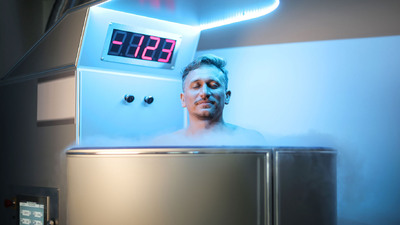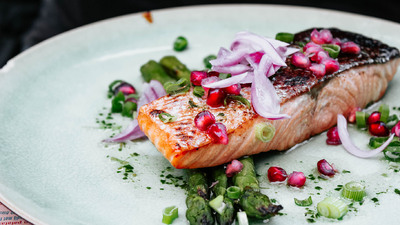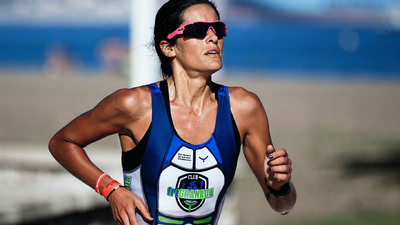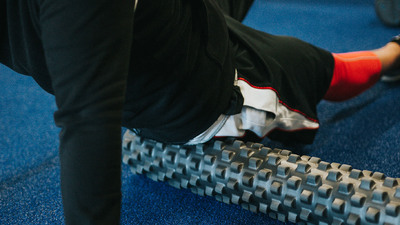Cryotherapy is a recovery method that uses extremely cold temperatures to reduce inflammation and muscle soreness. This type of therapy is becoming increasingly popular among endurance athletes, as it can help speed up recovery and improve performance.
Read more
Blood restriction training, also known as occlusion training, is a method that involves using a tourniquet-like device to restrict blood flow to a specific muscle group during exercise. The idea behind this method is that by restricting blood flow, the muscle is forced to work harder and adapt to the stress, leading to increased muscle growth and strength.
Read more
Low-carb and ketogenic diets are becoming increasingly popular among endurance athletes because they may have some benefits for performance and recovery. There are multiple potential benefits of low-carb and ketogenic diets for endurance athletes. Read more about them in this article.
Read more
Rest is an essential component of the super compensation model. Supercompensation is a physiological concept that describes the process of the body adapting to physical stress. It is the process where the body rebuilds and improves itself after stress, and it consists of three phases.
Read more
VO2 max, also known as maximal oxygen uptake, is a measure of the maximum amount of oxygen that an individual can consume per minute during exercise. It is typically measured in milliliters of oxygen per kilogram of body weight per minute (ml/kg/min).
Read more
Finding the right balance between overall volume and intensity in workouts is crucial when it comes to improving endurance. In this article you can find tips to help you find that balance.
Read more
Massage and compression therapy can be effective in helping with the recovery process for endurance athletes. There are a multiple ways that these modalities can help. We provide a short overview of them in this article.
Read more
In a world that constantly pushes the boundaries of human potential, endurance sports have emerged as a captivating realm of physical prowess, mental resilience, and unwavering determination. Whether it's conquering grueling marathons, triathlons, or ultra-distance events, athletes worldwide are continuously seeking to surpass their limits and achieve extraordinary feats.
Read more
In order to become a well-balanced and functionally fit runner, your training schedule should incorporate strength training two to three times per week. The addition of strength training to your weekly run training will make you a stronger and faster runner with a more efficient stride, and also aid in injury prevention.
Read more










